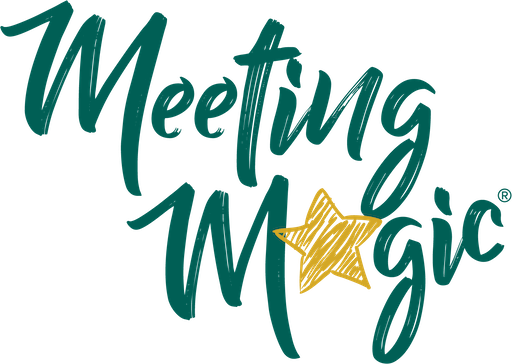Introduction
In today’s fast changing, interconnected world, effective virtual collaboration is essential for high performing teams in all organisations. The ability to work together seamlessly across distances has become not just advantageous, but essential in navigating the modern world.
In this blog I share my reflections on virtual collaboration, integrating my current thinking with insights from blogs written during the Covid Pandemic.
9 months in… how are we doing, virtually?
What the world needs from us right now…
The need to evolve group working capability
Pretty much every role in every organisation requires some form of group work. Historically we got away with having low group dynamics capability because we were working mainly on simple and complicated tasks in groups in face to face settings.
Now, we are working in a fast changing world, dealing with complex problems and working virtually, we need to up our game with group work. We can’t just leave it to chance for groups to collaborate without paying any attention to group dynamics. By group dynamics I mean, the skill of working with the relational forces that exist between people such as trust, power and conflict.
Navigating virtual and hybrid working in groups and teams
The shift brought about by the pandemic, to more virtual working has brought forth a myriad of both challenges and opportunities for teams. While the convenience and flexibility of virtual platforms offer new avenues for productivity, they also present hurdles such as; the struggle to develop and maintain trust, increased risk of conflicts escalating, digital fatigue, and the cumulative impact this all has on wellbeing.
Reflecting on the journey of adapting to virtual workspaces, teams have encountered a steep learning curve marked by experimentation and adjustment. From grappling with technology glitches to redefining workflows and communication norms, the transition to virtual work has been a journey of adaptation and resilience, largely focussed on getting stuff done whilst working virtually.
Now, as we sit in the post pandemic era, I can see that our task focus has negatively impacted the human health in most organisations and currently many organisations are initiating programmes aimed at addressing staff wellbeing. My offer is that, rather than separating out task and wellbeing, we should be focussing on healthy ways of working in groups and teams. This would develop a healthier culture which, in turn would improve productivity.
Conclusion
Effective virtual collaboration stands as a linchpin for driving success in today’s interconnected world. As teams continue to navigate the complexities of remote work and digital communication, the ability to collaborate effectively across distances becomes increasingly vital in achieving organizational goals and fostering innovation.
It is imperative for leaders, managers and team members develop the ability to convene groups and foster healthy collective, collaborative ways of working. By learning about group dynamics we can design better meetings, integrate more inclusive practices, foster trust, and work through conflict effectively.
This call to action encourages people to stop ignoring group dynamics and learn how to work with them. The journey towards effective virtual collaboration is an ongoing process, marked by learning, experimentation, reflection, and continuous improvement. But we need to start somewhere. Take a look at our learning offers and see if there is something in here that sparks your curiosity and energy to get started
